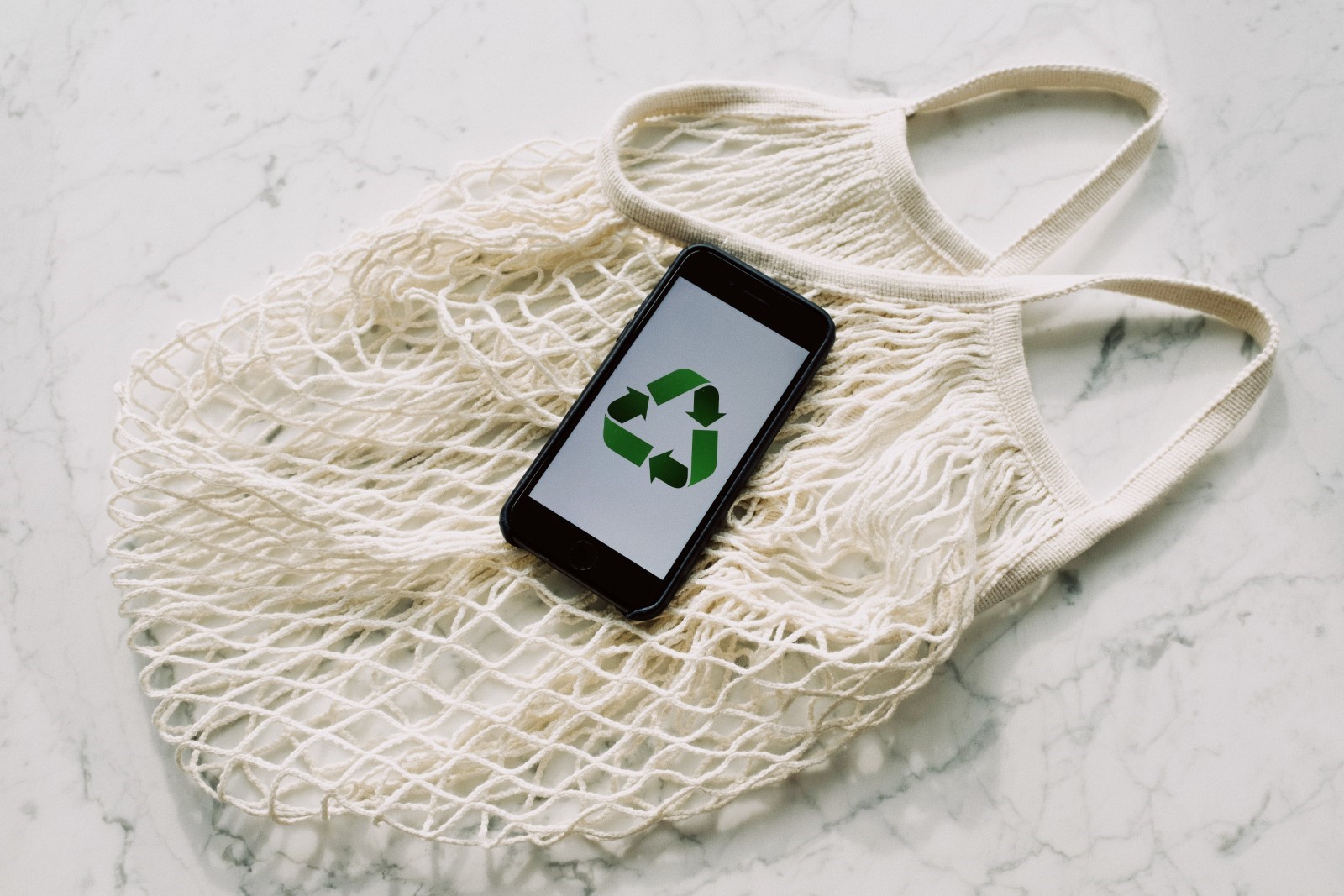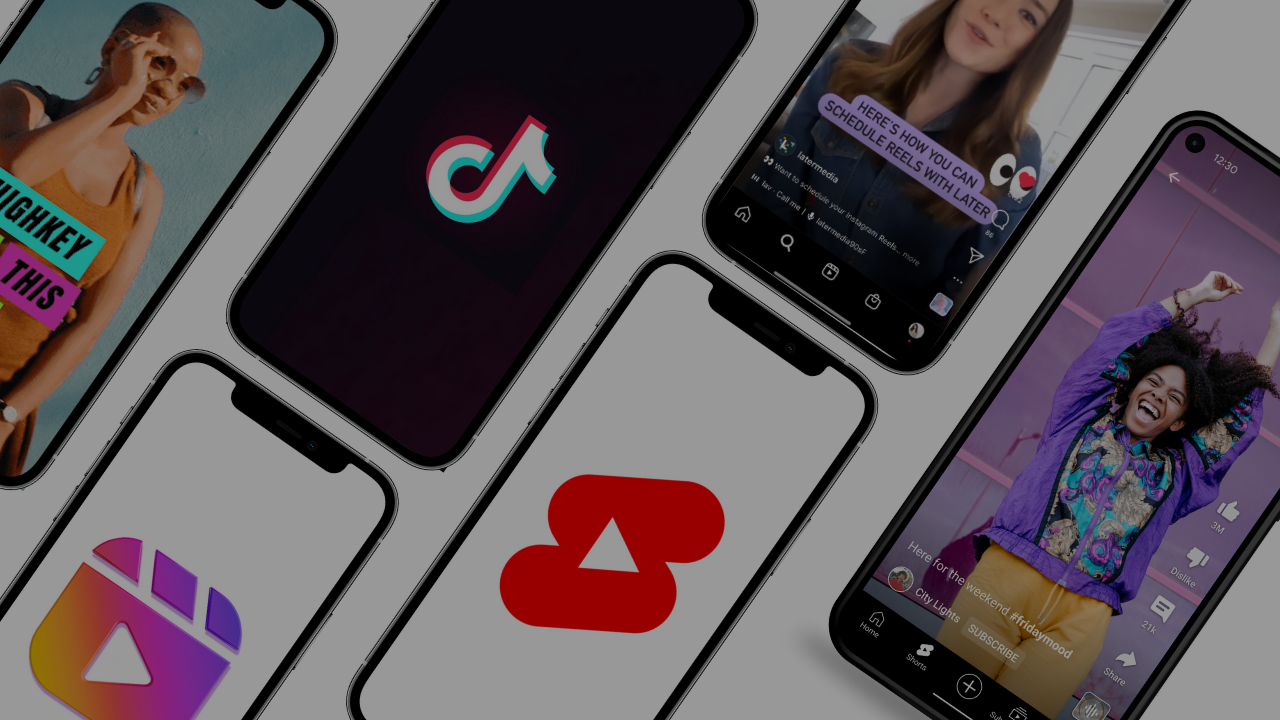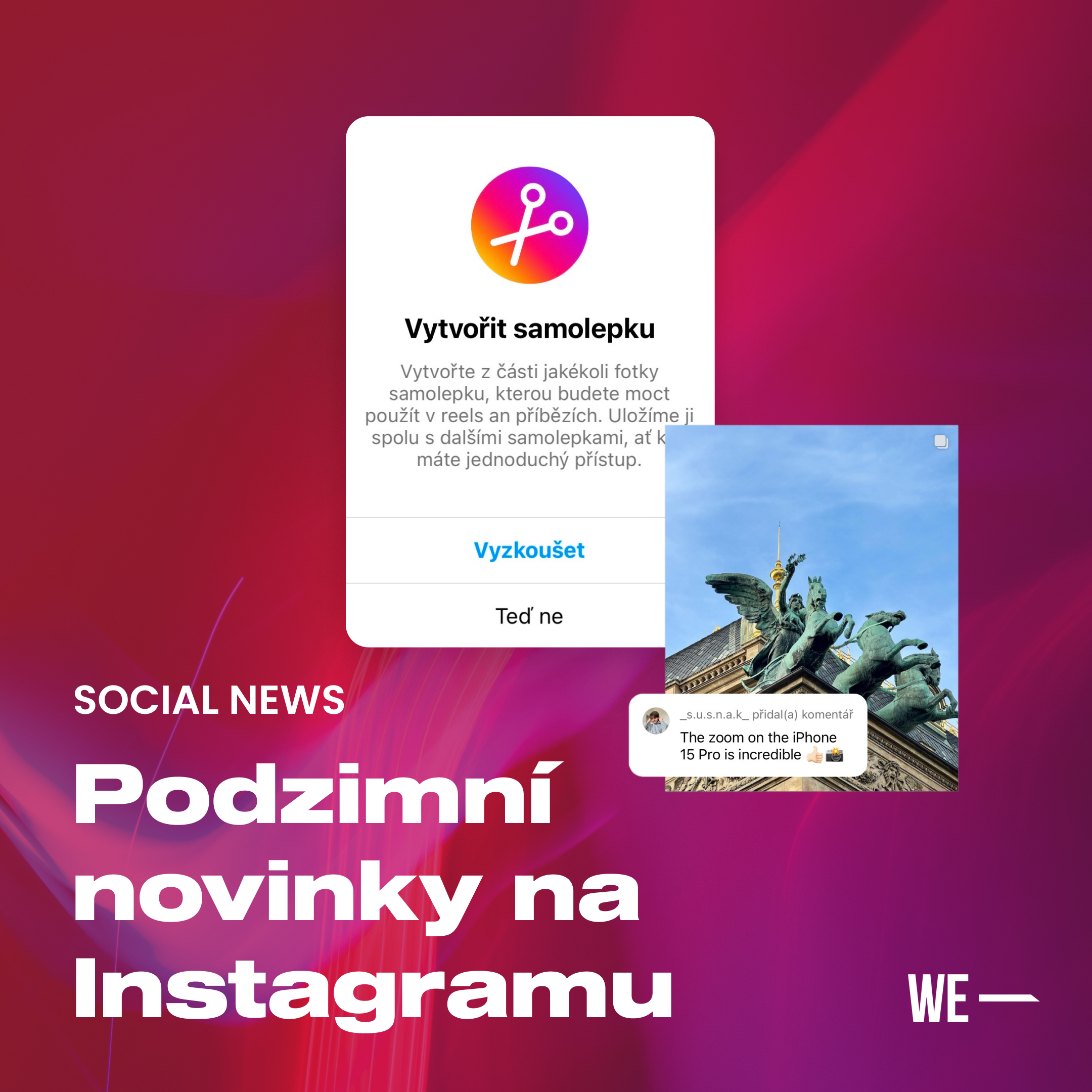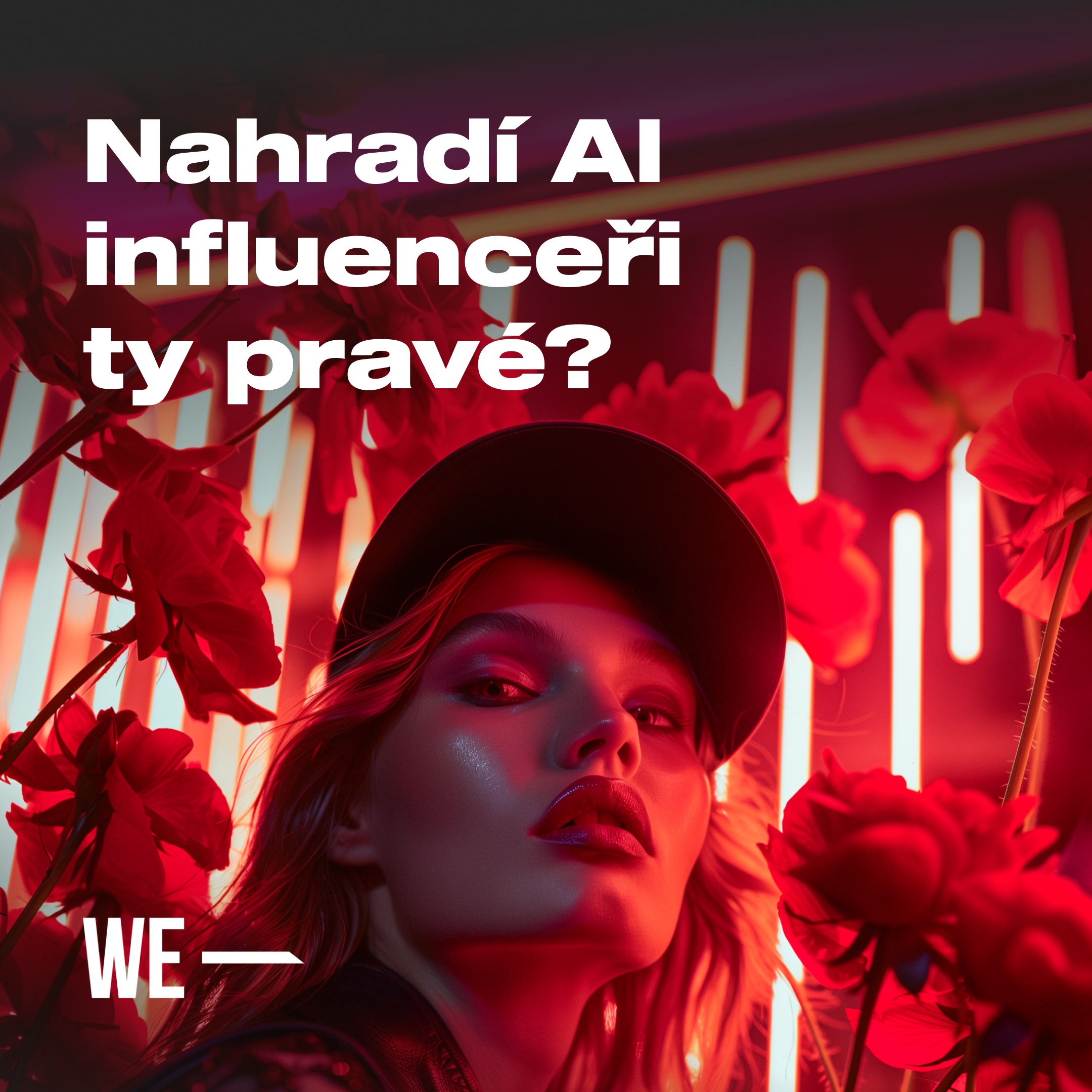Every year we watch the world of marketing continue to evolve, and by 2024 we've reached a point where innovation and technological advancements are not only shaping, but determining the direction of our workflows and communication strategies. In this article, we'll explore five key marketing trends for this year, focusing on how each of them impacts our working approach, how we communicate with customers and how they contribute to creating value for our brands.
Conversational marketing with AI chatbots
Gone are the days when customers waited patiently for answers. Through chatbots and AI-powered virtual assistants, brands are reaching out to consumers in real time, answering questions and complaints, and generally managing the shopping process. Such AI-driven conversations provide a seamless and personalized experience, increasing customer satisfaction and, in turn, resulting in increased conversions.
Chatbots are becoming increasingly sophisticated and capable of understanding and responding to specific customer needs. Brands will invest in developing chatbots that not only answer questions, but also proactively recommend products, offer personalised advice and assist customers all the way through the buying process.
This personalisation and fast communication through chatbots will be key factors in a competitive environment. In addition, chatbots will help brands collect valuable data about customers and their preferences, enabling even better targeting and more successful marketing campaigns. Conversational marketing with AI chatbots will thus undoubtedly be one of the most significant trends in marketing for 2024.

Virtual and augmented reality in marketing
The line between the digital world and reality is becoming increasingly thin thanks to unstoppable advances in virtual reality (VR) and augmented reality (AR). Both of these technologies offer marketers a unique opportunity to create immersive and memorable brand experiences. Whether it's a showroom tour in VR or an AR-enabled app that allows users to visualize what their dream furniture will look like right in their living room.
As both technologies become more accessible and popular, we can only expect brands to incorporate them into their marketing campaigns. Developers will work to create even more interactive and realistic experiences that will attract and engage customers on new levels. These technologies will also allow brands to tell stories and share messages in a way that consumers will find interesting and memorable.

Sustainability and ethical marketing
The modern consumer is not just interested in buying a product or service, but wants to understand a brand's values, especially when it comes to environmental and social responsibility. This trend, driven by global challenges such as climate change and social injustice, has led to a surge in brands promoting their sustainability initiatives and their approach to planet Earth itself. They are focusing more on eco-friendly packaging, reusing old products or fair trade resources, for example.
In 2024, sustainability and ethical marketing will play an even bigger role in the marketing world. Brands will need to further strengthen their sustainability and social responsibility efforts to reach and retain the trust of their customers. It will also be important for these brands to be authentic in their approach to sustainability and not just join the trend, but actually change their practices and values.

Hyper-personalisation with big data
Today's consumer expects a personalised brand experience that is tailored specifically for them. With the vast amount of data available from social media, web interfaces, or brick-and-mortar locations themselves, brands can collect and then apply this information through various types of analytics. The result is hyper-personalised marketing strategies where services, content, advertising and even, in some cases, the product itself are tailored to individual consumers. The ever-evolving Data driven marketing and AI tools that have engulfed the marketing world over the past few years may in the future bring a completely different perspective on marketing itself, and perhaps we will say goodbye to strategies that are quite common today.
This year, hyper-personalization is expected to become an even more important element in marketing campaigns, not only for large corporations, but for smaller businesses as well. In-depth data analytics will increasingly be used to enable brands to deliver truly relevant and personalized experiences to customers, ultimately leading to increased customer loyalty and profitability for businesses and brands.
Video marketing and short content
We know that video marketing is nothing new and its rise in popularity has been amplified by the rise of platforms like TikTok, YouTube Shorts and IG Reels. Yes, we know this all happened a while back and we all know the trend. It's just that brands and users of these platforms are getting more and more creative and approaching short videos in new ways.
Today, short videos are no longer just being used for entertainment or to drive sales through ads, but also for brand storytelling, non-traditional ways of viral marketing, influencer marketing, and even when users themselves recommend products through UGC content. Use video content as much as you can, because those who ignore it and don't learn to work with it will soon not be as interesting to their followers or customers as, for example, a competing brand that uses quality video content.

How do we keep up with the latest marketing trends at WeBetter and which AI tools are invaluable to us in our daily work?
GPT-4 & DALL-E - Brainstorming and Research
https://openai.com/
Midjourney - Image Generation
https://www.midjourney.com/home?callbackUrl=%2Fexplore
Copy.AI - Copywriting
https://www.copy.ai/
Otter AI - Meeting Note Generation
https://otter.ai/




